Fears nukes bound for Belarus as Antony Blinken in last ditch effort to prevent war
US Secretary of State heads to Europe to stare down Russian foreign minister as Vladimir Putin amasses troops on Ukraine border.
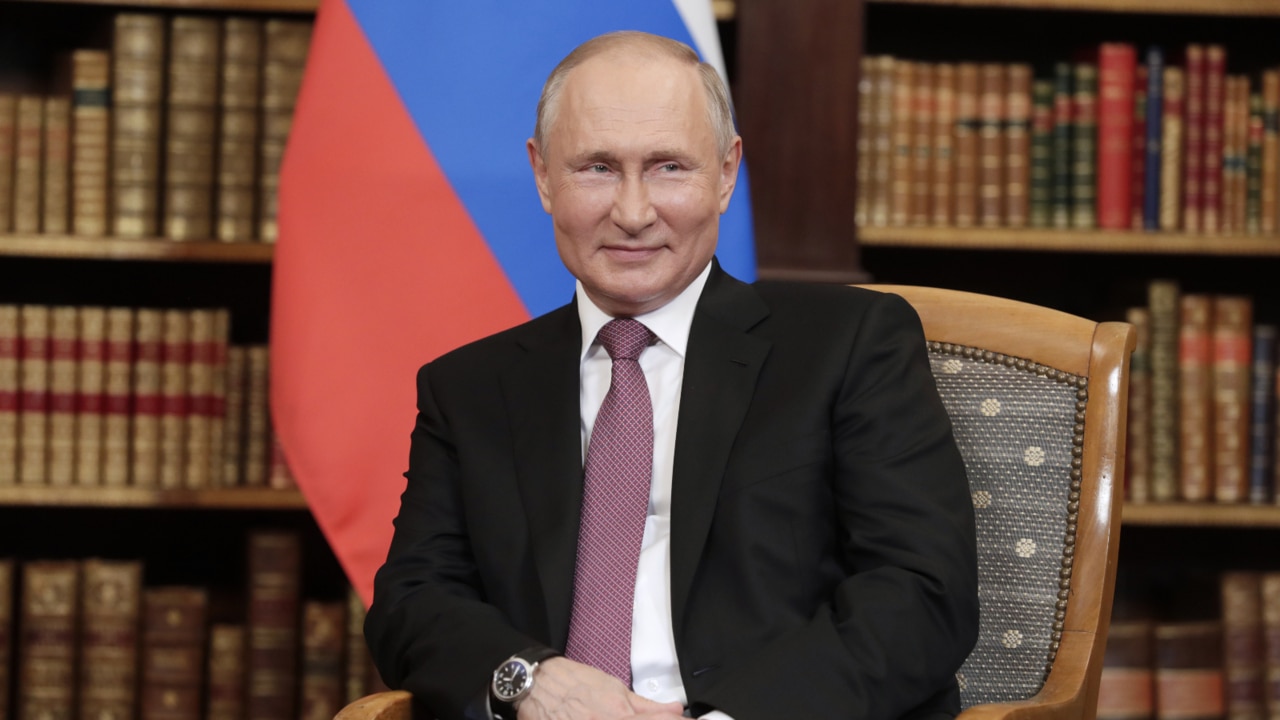
The US is worried the arrival of Russian troops in Belarus for exercises could lead to a permanent presence that might introduce nuclear weapons into the country.
The warning from a senior State Department official on Wednesday AEDT came as US Secretary of State Antony Blinken headed to Europe to stare down Russia’s foreign minister in a last-ditch effort to avoid war between Russia and Ukraine, after a week of failed negotiations.
In a snap three-day trip to “find a diplomatic off ramp”, Mr Blinken will visit Kiev to update Ukraine’s President, Volodymyr Zelensky, on US negotiations with Russia, before meeting the German government in Berlin on Thursday, ahead of a one-on-one with Russian Foreign Minister Sergey Lavrov in Geneva on Friday.
“We are now at the stage where Russia could at any point launch an attack on Ukraine,” the state department official said, adding that the US was in the midst of “preparing for a possible invasion”.
“Putin created this crisis by amassing 100,000 troops on the border. This includes moving forces into Belarus over the weekend. These are neither exercises nor normal troop movements … this is extremely dangerous.”
Russian military forces arrived in Belarus after Moscow-allied strongman Alexander Lukashenko announced on Monday that the two countries would conduct military exercises next month. The move, which came without the notice customarily provided to countries in the region, added to rising tensions over Ukraine, which borders Belarus.
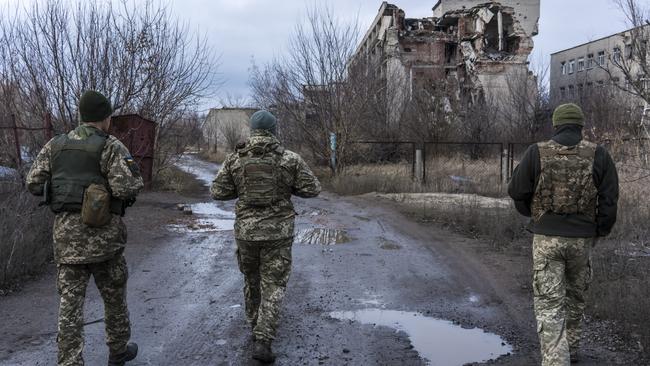
The US official said the size of the Russian force in Belarus was “beyond what we’d expect of a normal exercise”. The official said a normal exercise, involving for example 9000 troops, required advance notification of 42 days. If more than 13,000, it required international observers.
“The timing is notable and, of course, raises concerns that Russia could intend to station troops in Belarus under the guise of joint military exercises in order potentially to attack Ukraine,” the official said.
The official said changes to the Belarus constitution in a referendum next month could allow the Russian military presence to become permanent.
“These draft constitutional changes may indicate Belarus plans to allow both Russian conventional and nuclear forces to be stationed on its territory.” That would represent a “challenge to European security that may require a response,” the official said. Belarus also borders Poland, a member of NATO.
“Over time, Lukashenko has relied more and more on Russia for all kinds of support. And we know that he doesn’t get that support for free,” the official said. “It’s clear Russia is preying on Lukashenko’s vulnerability and calling in a little bit of accumulated IOUs.”
The trip by Mr Blinken comes after a phone call between the Secretary of State and Mr Lavrov on Tuesday following a week of intense negotiations between his deputy Wendy Sherman, European allies and Russian officials last week that ended in a diplomatic stalemate.
Russia wants a halt in NATO’s expansion into former Soviet states, which it fears will ultimately include Ukraine and Georgia. The US and European allies want Russia to return its troops on the Ukraine border to their barracks.
“The secretary reiterated the unshakeable US commitment to Ukraine’s sovereignty and territorial integrity and underscored that any discussion of European security must include NATO allies and European partners, including Ukraine,” the state department said after the call.
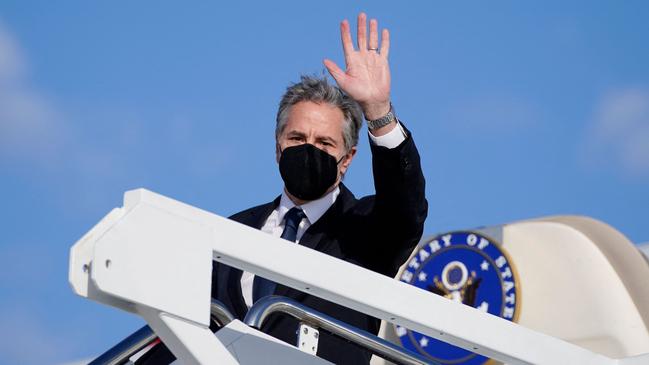
“The secretary is 150 per cent committed to seeing if there is a diplomatic off ramp here. That’s the impetus behind this engagement … even as we say we want to test whether there is an opportunity for a diplomatic off ramp we continue to prepare for a different outcome.
“If Russia does decide to pursue further military aggression, if it chooses to further escalate, we have been working closely and effectively with allies and partners to ensure there would be massive consequences.”
Mr Biden, who spoke with President Vladimir Putin twice on the phone last month, said the US would not send troops to defend Ukraine but would provide Ukraine with unspecified military assistance.
Last month Mr Putin warned Mr Biden that the US risked a “complete rupture” between the two Cold War superpowers if it imposed new sanctions, expected to include ejecting Russia from the international payments system and severe trade restrictions.
Russia issued a sweeping set of demands last month as a prelude to the formal negotiations that occurred in Europe last week, including guarantees that NATO would not expand further, and a bar on new US military bases in former Soviet Union territories. The US rejected the demands, but left the door open to “reciprocal action”.
Russia reportedly sent the wives and children of Russian diplomats in Kiev back to Moscow earlier this month, a move Russia denied was a prelude to war.


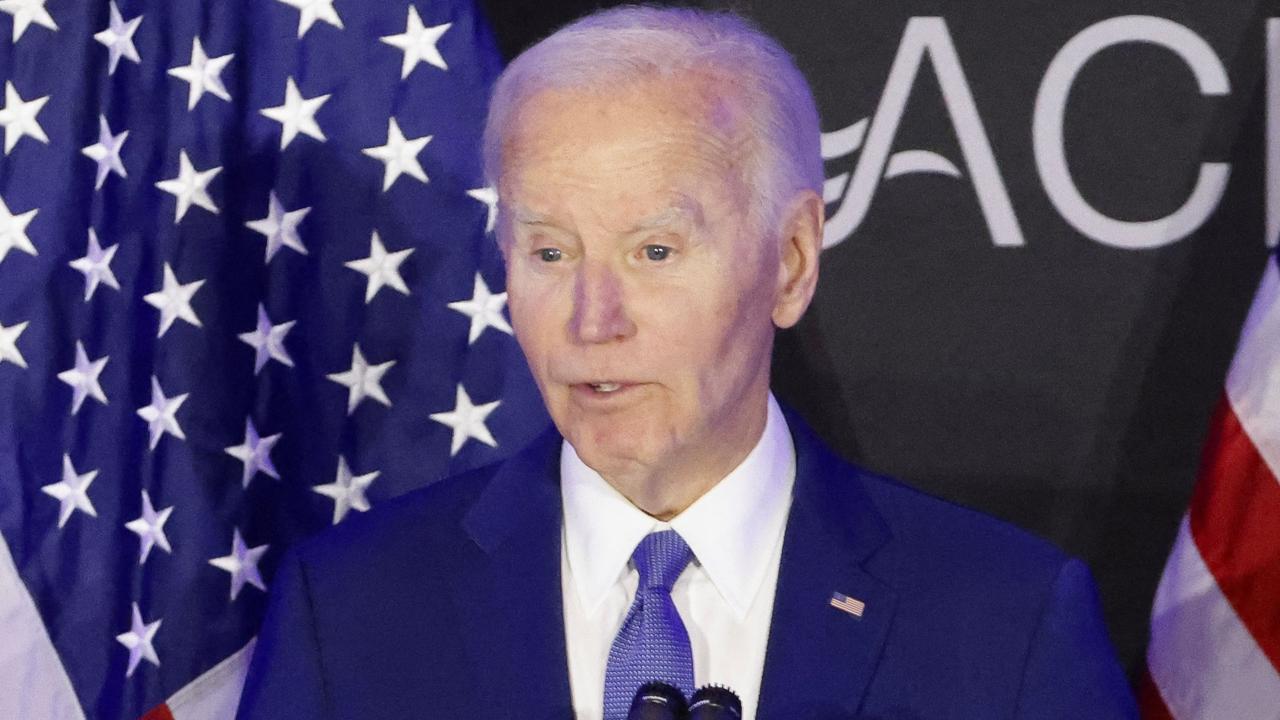
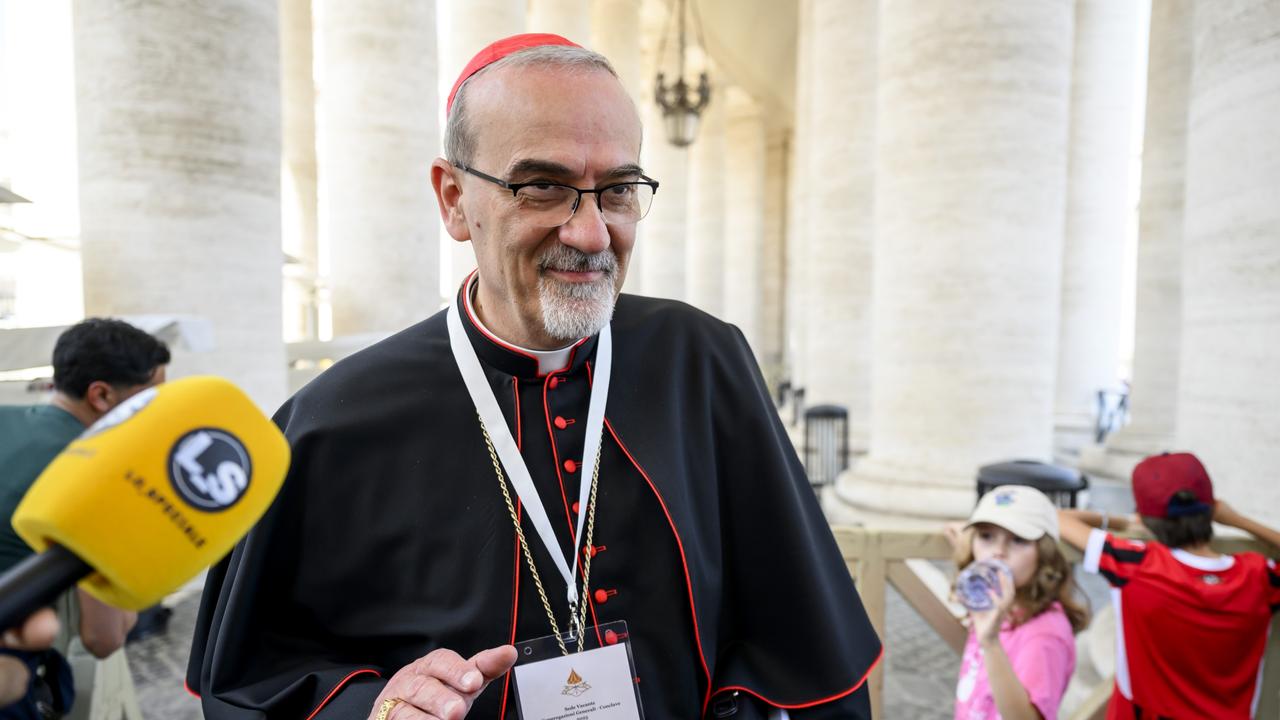
To join the conversation, please log in. Don't have an account? Register
Join the conversation, you are commenting as Logout